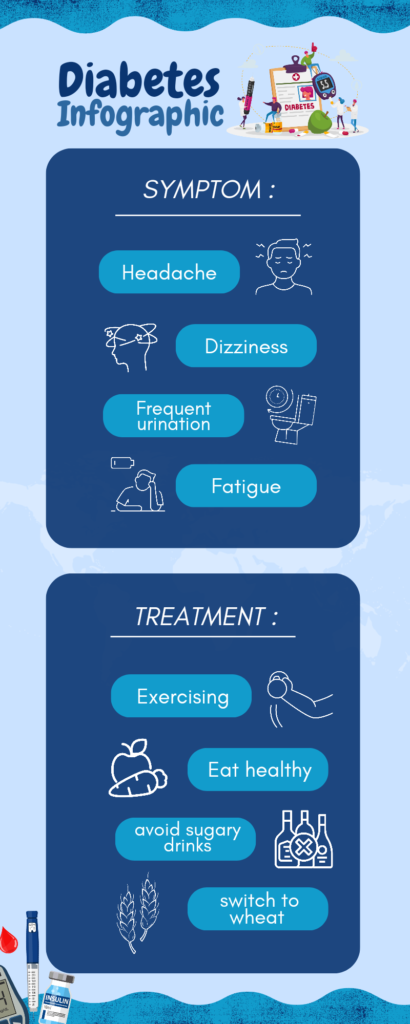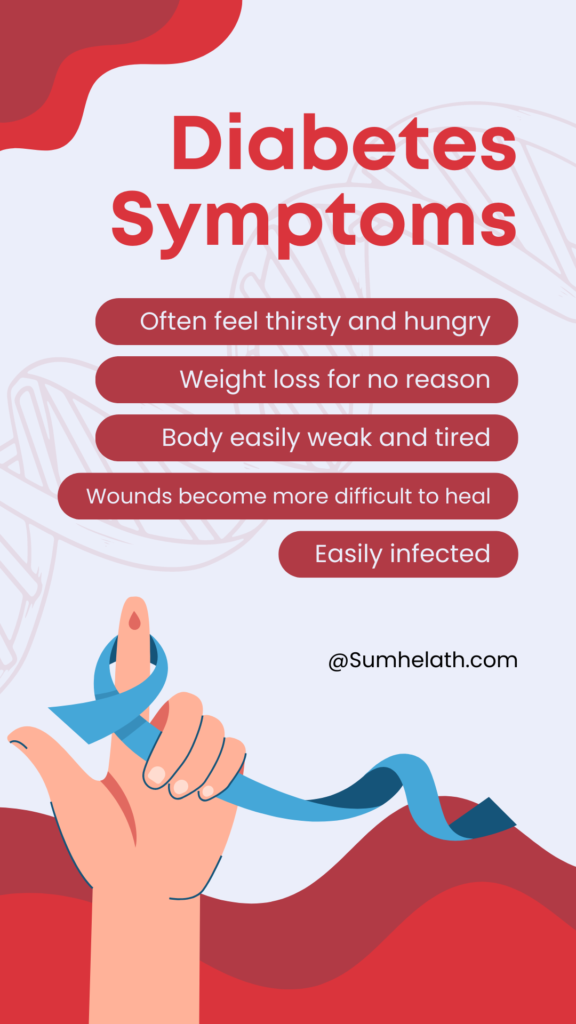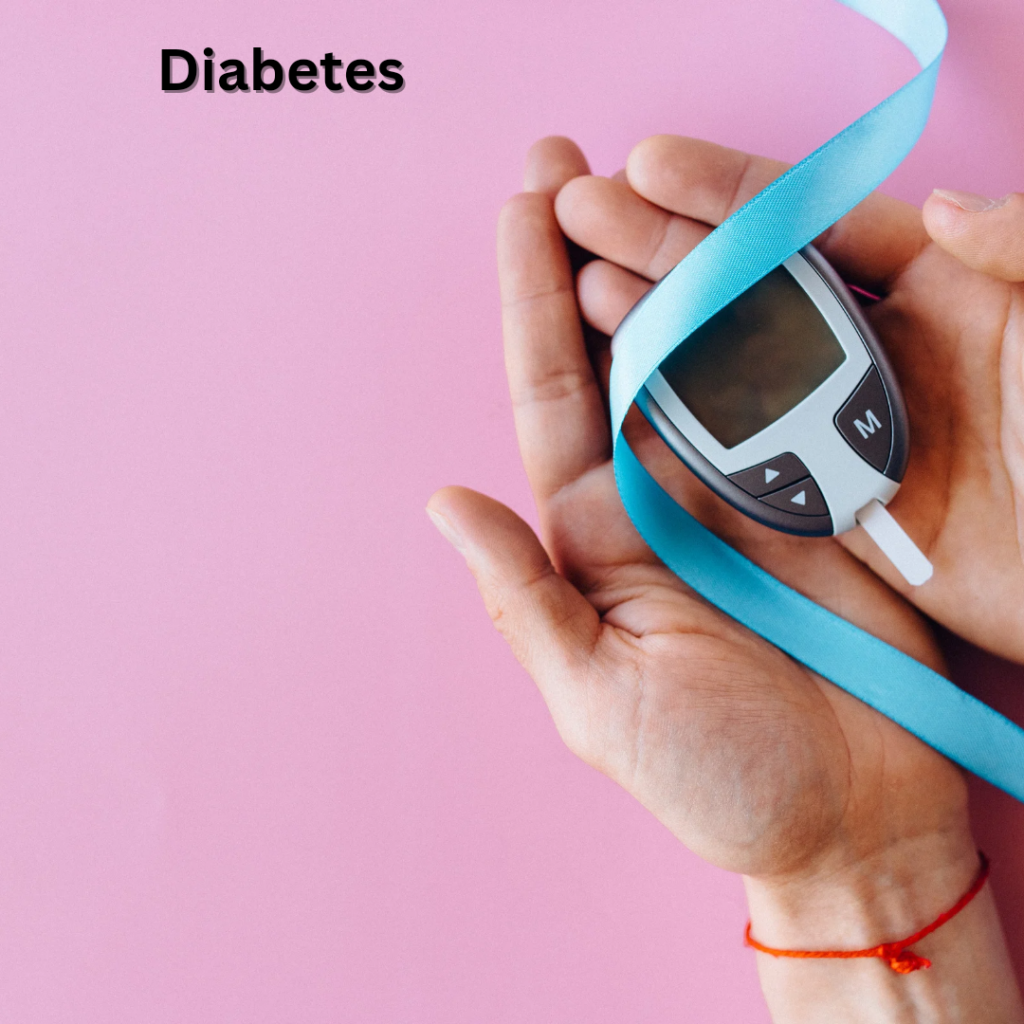Diabetes
Introduction:
Diabetes, a chronic metabolic disorder characterised by high blood sugar levels, continues to affect millions of people worldwide. As we move forward, the field of diabetes management faces new challenges, including the emergence of novel symptoms and the need for innovative solutions. In this article, we will explore the upcoming challenges in diabetes, shed light on the new symptoms that are being observed, and discuss potential solutions to manage this condition effectively.
https://sumhelath.com/wp-admin/post.php?post=838&action=edit

I. Upcoming Challenges in Diabetes Management:
The landscape of diabetes management is evolving rapidly, and with it come several challenges that healthcare professionals and individuals living with diabetes must confront. Some of the significant upcoming challenges include:
- Rising prevalence: The number of individuals diagnosed with diabetes is expected to escalate significantly in the coming years due to various factors, including sedentary lifestyles, poor dietary choices, and increasing rates of obesity.
- Younger onset: Traditionally, type 2 diabetes was more common among older individuals. However, there has been a concerning rise in the number of young people developing this form of diabetes due to factors such as poor eating habits and lack of physical activity.
- Mental health impact: The emotional and psychological impact of living with diabetes can be overwhelming, leading to conditions like diabetes distress and depression. Addressing mental health challenges in diabetes management is crucial for overall well-being.
II. Recognizing New Symptoms:
While classic symptoms such as frequent urination, increased thirst, and unexplained weight loss remain relevant, it is essential to stay informed about the new symptoms associated with diabetes. These symptoms may indicate the need for timely medical intervention. Some emerging symptoms include:
- Fatigue and lethargy: Persistent fatigue, even after ample rest, may be an indication of poorly controlled blood sugar levels. This symptom is often overlooked but can significantly impact daily life and productivity.
- Skin conditions: Diabetes can contribute to various skin conditions, such as dryness, itching, and slow wound healing. These dermatological manifestations can serve as potential warning signs and should not be ignored.
- Blurred vision: Changes in vision, such as blurred or fluctuating eyesight, may be an early sign of diabetes. Elevated blood sugar levels can affect the lenses in the eyes, causing visual disturbances.
III. Effective Solutions for Diabetes Management:
To address the upcoming challenges in diabetes management and mitigate the impact of new symptoms, it is crucial to adopt effective solutions. Here are some strategies that can help:

- Holistic lifestyle modifications: Embracing a healthy lifestyle is at the core of managing diabetes. This includes consuming a balanced diet, engaging in regular physical activity, maintaining a healthy weight, and managing stress effectively.
- Technological advancements: Continuous glucose monitoring systems, insulin pumps, and smartphone applications have revolutionised diabetes management. These tools allow for real-time monitoring, personalised data analysis, and convenient insulin delivery, empowering individuals to take control of their condition.
- Collaborative care: Diabetes management requires a multidisciplinary approach involving healthcare professionals, including endocrinologists, dietitians, diabetes educators, and mental health specialists. Collaborative care ensures comprehensive support and personalised treatment plans.
Conclusion:
As we navigate the future of diabetes management, understanding and addressing the upcoming challenges is crucial. Recognising new symptoms associated with diabetes can facilitate early intervention, while adopting effective solutions can help individuals lead healthier lives. By staying informed, embracing a holistic approach, and leveraging technological advancements, we can successfully overcome these challenges and empower individuals to live well with diabetes.

